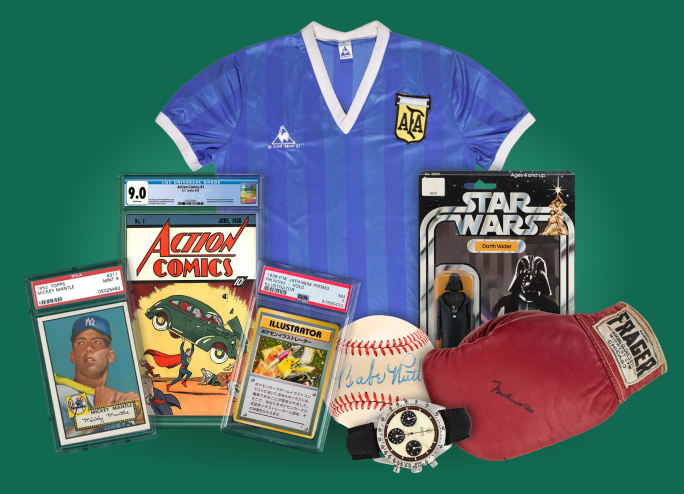
In Collectors MD
collectorsmd
Nov 1 2025
Daily Reflection: Understanding Impulsivity: When Stress Leads To Quick Fixes
Published October 31, 2025 | By Dayae Kim, LMFT, Collectors MD Referral Network
What Is Impulsivity?
WebMD describes impulsivity as a tendency to act without foresight or much thought. Impulsivity is something all of us have experienced at some point.
When I’ve felt burnout from work, I’ve noticed myself engaging in more impulsive behaviors. For me, it often shows up as careless spending or shopping. The cycle usually looks like this: I feel overwhelmed and frustrated from burnout, I go shopping and buy things I don’t need on a whim, and then later, I look at my bank statement and feel anxious and guilty about how much I’ve spent. That guilt and anxiety lead to more stress, and I start the cycle all over again.
Has this happened to you? Maybe it’s not impulsive shopping, but have you ever noticed yourself engaging in any of these behaviors when stressed or anxious?
Angry outbursts
Speaking before thinking
Unsafe or risky actions
Overspending
Gambling
When we’re anxious or stressed, impulsive actions can feel like a quick fix. We might think, “If I just buy this, eat this, or say this, I’ll feel better”. And for a brief moment, it might even seem to work. But shortly after, we’re often left feeling worse because we haven’t actually addressed the root cause of what’s happening underneath.
How Impulsivity Can Be A Symptom, Not The Problem
I’ve been working with a client who has struggled with impulsive gambling. When life and work stressors pile up, he turns to gambling to escape. The temporary rush of excitement numbs the stress, but after acting impulsively, he ends up losing money and feeling even more anxious and defeated.
In our sessions, we’ve worked together to identify his triggers and what his impulsive behaviors look like in real time. More importantly, we’ve practiced delaying his impulsive desires through what I call “thought-breaking activities”. For him, that includes taking a cold shower, going for a run or walk, or turning on his favorite music—loud enough to shift his mood and energy.
These activities don’t erase the stress, but they help him slow down long enough to choose a healthier response instead of reacting irrationally. Over time, he’s learned that managing his impulsivity isn’t about willpower—it’s about awareness, delay, and replacement with something more grounding and appropriate.
Where Collecting Fits In
For many in our community, impulsivity shows up in collecting—especially during moments of stress. A new product drops, a live break starts buzzing, or a rare card appears at a “can’t miss” price, and suddenly the urge feels urgent and justified. The purchase or rip offers a brief lift, but the aftermath—budget strain, shame, or hiding transactions—reinforces the same stress that triggered the behavior. If this sounds familiar, try applying the same thought-breaking approach before you buy: step away for ten minutes, review your budget or want-list, text a trusted friend, or play a song that reliably changes your state. These small pauses create just enough space to return to intentional collecting—choices aligned with your values, limits, and longer-term goals.
Moving Toward Mindful Choices
Impulsivity often gives us the illusion of control—a quick fix to escape discomfort or stress. But these reactions rarely soothe what’s truly underneath. When we learn to pause and observe what’s driving the impulse, we open the door to real change.
Noticing the urge is the first step; choosing differently is the second. Even taking 10 seconds to breathe, walk away, or check in with yourself can interrupt an impulsive cycle and shift your emotional state. With time and support, those pauses add up to more mindful, intentional choices—ones that align with who you actually want to be.
Ready To Break The Cycle?
If you’ve noticed impulsive behaviors showing up when you’re stressed, anxious, or overwhelmed, you’re not alone. These behaviors aren’t signs of weakness—they’re signals that something deeper needs your attention and care.
If you or someone you know struggles with impulsivity or the anxiety that often fuels it, I can help. Together, we can:
Identify triggers and emotional patterns
Strengthen emotional regulation
Build healthier coping tools that support real, lasting change
If you are ready to break the cycle and create a calmer, more intentional way of responding to life’s stressors, you’re always welcome to schedule a consultation with me.
#CollectorsMD
Choose pauses over purchases—let intention lead the next move.
—
Follow us on Instagram: @collectorsmd
Subscribe to our Newsletter & Support Group
Join The Conversation On Mantel
Read More Daily Reflections

